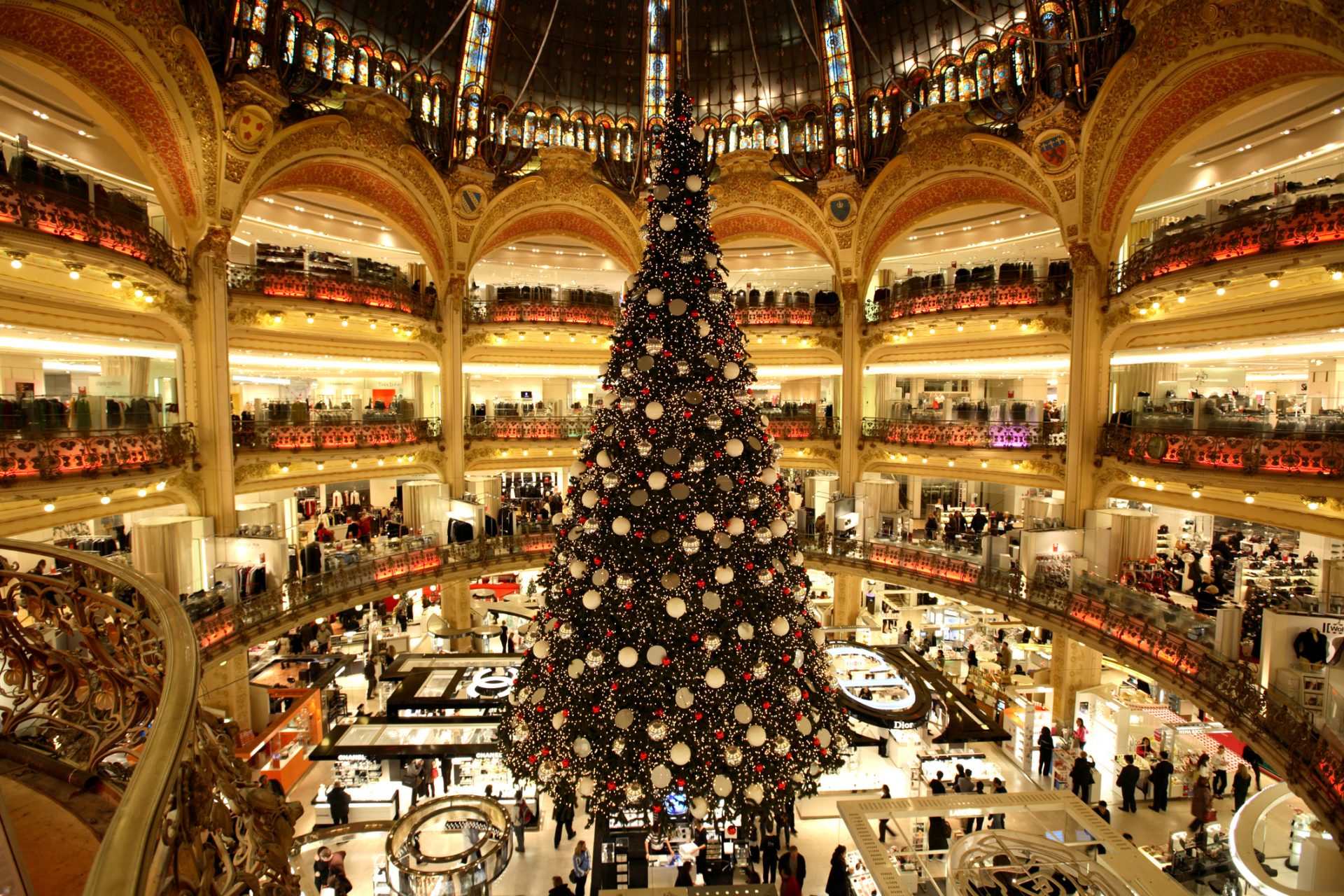20 unforgettable travel destinations in the Pacific
The largest ocean in the world, the Pacific is full of marvelous holiday destinations. There's sea, sun, natural landscapes, and vestiges of ancient civilizations to enjoy. Let's go around the ocean together and get to know 20 must-see destinations!
Photo: the island of Moorea, in French Polynesia.
Let's start with East Asia. The island of Shikoku, the fourth largest in the Japanese archipelago, is absolutely worth the trip. Little known to international tourists, Shikoku is home to 88 sacred temples linked by a 1,400-kilometer pilgrimage route that some Shintoists continue to travel on foot.
To the west of the Pacific, the island of Guam offers a multicultural environment between Japanese travelers and American soldiers. But the culture and architecture of this island with its resplendent beaches are really the product of the Chamorros, the island's native population.
A peripheral region of the Philippines located between the heart of the archipelago and Malaysia, Palawan is beginning to become known for its exceptional seascapes and its abundant jungles. Go for an adventure on this narrow and long island of about 400 kilometers!
Far from the tourist routes of the east coast, Western Australia is full of forests, wineries, and of course kangaroos. This region, renowned for its gastronomy, opens onto a magnificent sapphire blue ocean where travelers can surf and admire the whales.
A few thousand kilometers east of Australia, New Zealand is also a destination of choice, thanks to its surfing beaches, forests, and many islands. Do not miss the Bay of Islands and Northland, the historical and cultural cradle of the country both for the Maoris and for the Europeans who arrived later.
Further north, Fiji conceals everything that could delight a traveler in the Pacific Ocean: abundant marine fauna, lush jungles crisscrossed by waterfalls, and beaches of breathtaking beauty - not to mention the legendary hospitality of the locals. But the concerns about the consequences of global warming are very strong today, and the country is engaged in a race to preserve its treasures.
In addition to their volcanoes, white sand beaches, and clear waters where turtles and exotic fish swim, the Solomon Islands will give you the opportunity to immerse yourself in the rich Melanesian culture.
At the heart of the largest lagoon in the world, New Caledonia forms one of the largest island groups in the Pacific. Crossed by a long mountain range, the main island is divided between a dry west coast made up of mangroves and an east coast that borders the lagoon with a typically tropical landscape. Don't forget to visit the paradise islands located in the south of the archipelago!
Comprised of 83 islands north of New Caledonia, Vanuatu (formerly known as the New Hebrides) derives its special ambiance from being the only country in the world to have been jointly administered by France and the United Kingdom. Beyond its landscapes of volcanoes and waterfalls, Vanuatu ("our country" in Melanesian) is famous for its legends transmitted through dance and magic.
An archipelago made up of 16 volcanic islands formed by erosion (9 of which belong to the state of the same name and the 7 others to the United States), Samoa is considered the cradle of Polynesia. As in many other places in the Pacific, the beaches, the turquoise lagoons, and the tropical forests are matched only by the nautical activities and the welcome offered by the indigenous population.
Made up of fifteen small islets in the heart of the Pacific, the Cook Islands archipelago is a paradise for the beauty of its landscapes and marine biodiversity in the middle of preserved coral reefs. North of Rarotonga, the main island, the splendid turquoise lagoon of Aitutaki lives up to its nickname of "the most beautiful lagoon in the world".
Also rich in enchanting landscapes, turquoise blue waters, and tropical forests, Tonga has the distinction of being the last monarchy in the Pacific, as well as the first country in the world on which the Sun rises in the morning. Note that the archipelago was devastated by a tidal wave in January 2022.
Composed of coral reefs and limestone islets, the archipelago of Palau is particularly well preserved. You will discover extraordinary natural landscapes but also a traditional culture that has survived in this young state.
To the north of Papua New Guinea, the Federated States of Micronesia is made up of a multitude of very small islands. This archipelago will enchant you with its landscapes and the richness of its fauna. It will also allow you to discover a place that was at the heart of the great battles of the Pacific during the Second World War.
An independent state located to the east of Micronesia, the Marshall Islands has more than a thousand islets divided into around thirty atolls. Among them, Kwajalein is home to one of the largest lagoons in the world (over 2,000 square kilometers), while that of Bikini has remained famous, despite its beauty, for having been used for American nuclear tests.
Tahiti, Bora Bora, the Marquesas… so many names that make you dream and immediately recall sunny tropical beaches. On a territory as vast as Europe, the 118 islands (of which 67 are inhabited) of Polynesia allow travelers to get lost in an unforgettable natural setting.
Easter Island (or Rapa Nui) is famous for the mystery of its statues, which has never ceased to intrigue explorers and the curious for centuries. Located to the east of the Polynesian Triangle, the island shares a similar cultural heritage with New Zealand and Hawaii, which form the other ends, and with French Polynesia, which lies in the middle.
In the middle of the ocean, the 50th American state is one of the most isolated archipelagos in the world. Between its beaches bordered by turquoise water, its surfing culture, and its volcanic landscapes, Hawaii offers an absolute change of scenery without being an excessively frequented destination for tourists.
Located 1,000 kilometers off Ecuador, the Galapagos Islands form a wild volcanic archipelago protected by Unesco. The 3 main islands and the 17 islets are home to a fauna of which certain species are typical of the place, such as the Galapagos penguin, the giant tortoise of the same name, different species of sharks, but also the Galapagos marine iguana.
A less frequented destination, Socorro is part of the Revillagigedo Islands, a few hundred kilometers from the Mexican coast. An ideal vacation spot for explorers and nature lovers, Socorro is famous for its manta ray which can reach up to 7 meters and a ton and a half.
































